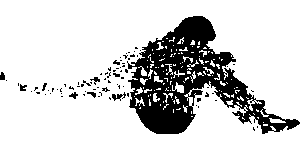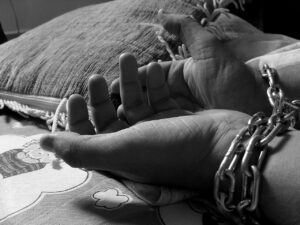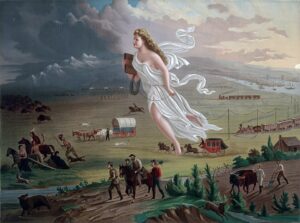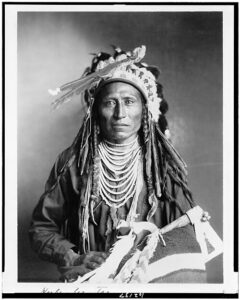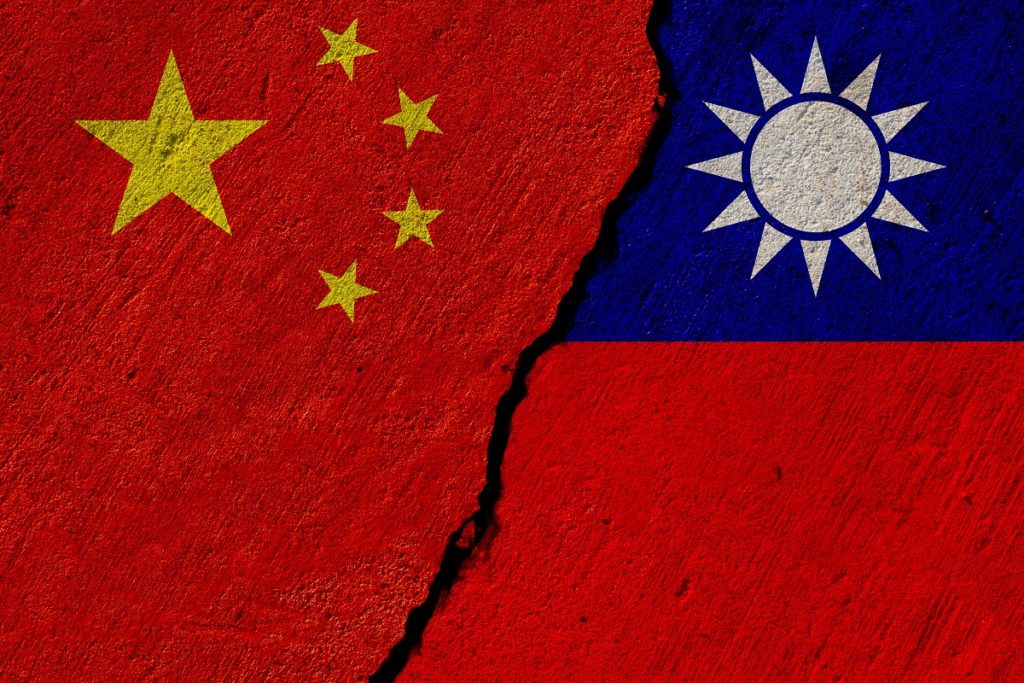
Taiwan’s humble beginnings
For thousands of years, the waves of the Taiwan Strait have crashed against the brown sandy shores and rocky coastline of the island called Formosa, known today as the Republic of Taiwan. Taiwan’s original population has occupied its beautiful beaches and towering mountains for centuries. The people groups originally inhabiting this island were considered unrelated to the mainland Chinese.[i] Taiwan has been a place of struggle involving both Asian and European invaders for almost two thousand years. Taiwan was a part of China for only about 200 of those two millennia, with stormy consequences. In 1895, China permanently ceded the island of Taiwan and the P’eng-hu Islands to Japan by treaty. The islands were now the legal permanent territory of the Japanese.[ii]

The island of Taiwan has been, at various times, under the control of China, Japan, The Netherlands, and Spain, and now it exists as a sovereign nation. Before the arrival of more modern Chinese from the mainland, some aboriginal peoples had lived on the island for centuries. All of these left their mark on the culture of Taiwan. The nation is a beautifully unique people group within the Asian community.
For fifty years, between 1895 and 1945, the island of Formosa (Taiwan) was a part of the Empire of Japan. The relationship was not good, but Taiwan took on many Japanese customs over time and integrated the Japanese culture into its own., Japan lost Taiwan at the end of World War Two, and the allied forces turned the island over to Chiang Kai-Shek, the leader of China’s new government. Chiang treated Taiwan not as a province of China but sent a Governor-General to Taiwan. The goal of a Governor-General is to represent a leader within an independent land. The Taiwanese people saw the mainland Chinese as unscrupulous and deceitful. The Chinese leadership, in turn, created many problems on the island. Violence and bloodshed eventually broke out, and the Chinese leaders in Taiwan violently suppressed protestors.
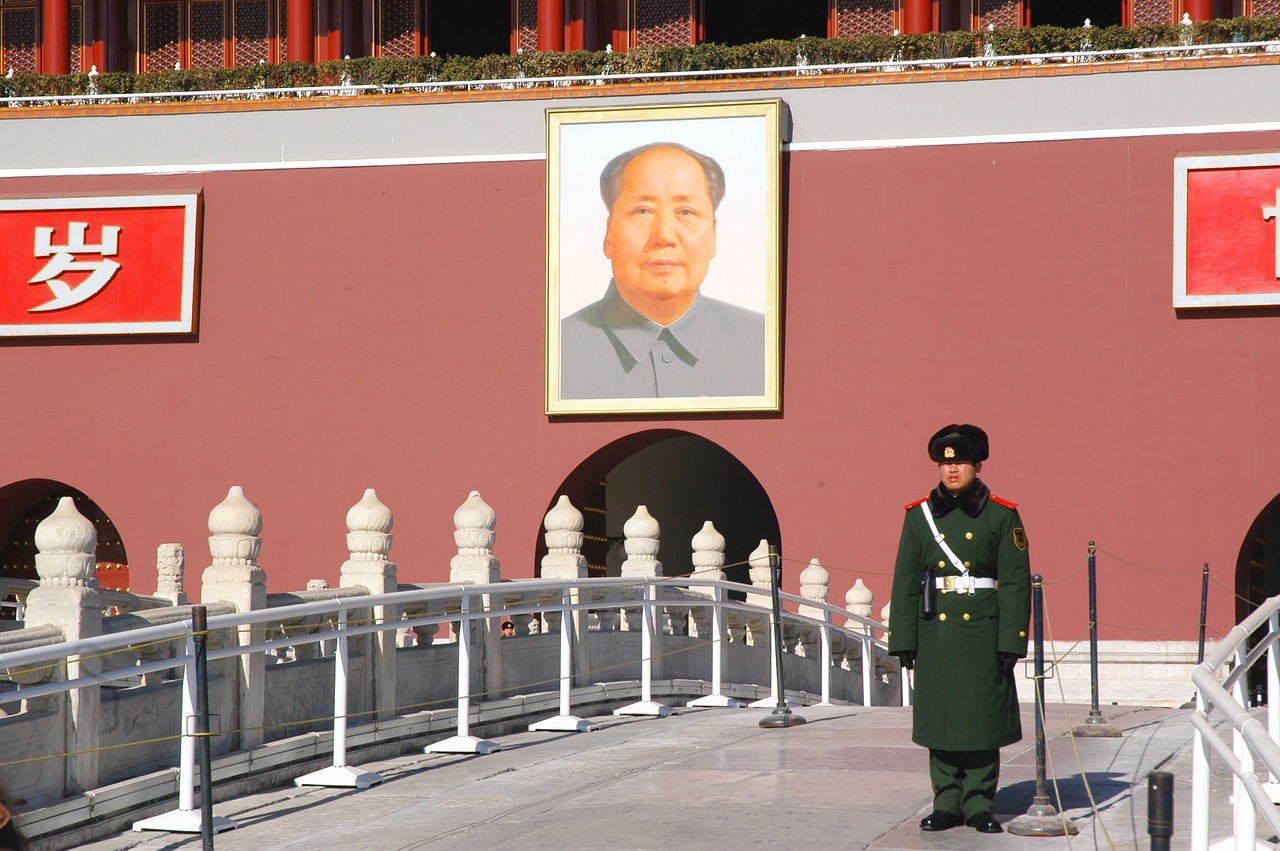
Chiang took notice and sent troops to regain control. He ended the leadership of his Governor-General and had him executed in public. On the mainland, Chiang was in the middle of a civil war. The Chinese Communist party under Mao Zedong was fighting for control, and in January of 1949, they pushed the government of Chiang out of mainland China. Chiang retreated to Taiwan, expecting to retaliate and retake the mainland.[iii] Mainland China would become “The Peoples Republic of China,” and Taiwan would become “The Republic of China.” Thus, the two Chinas began their long march into the future. However, just as in the case of the two Koreas, they would find themselves on two very different paths.
Taiwan After World War 2
Within months the Korean War broke out. This conflict precipitated the need to protect Taiwan from mainland China, and thus the United States sent the U.S. Seventh Fleet into the Taiwan strait to protect Taiwan from attack. Political idealogy and geography now created two distinct powers. Some linked with the Soviet Union and Communist China, and then some created connections with the more democratic portions of the world, such as The United States, Great Britain, and others. Chiang had a choice to make if it was a choice at all. He could not, of course, side with China as they were bitter enemies. That only left the more open, capitalist nations. This transition was not an immediate and smooth shift overnight into a free and open democracy. It took time for Taiwan to shake off the one-party system and the controlling aspects of government and time for the Taiwanese people to trust Chiang and those who had come across the strait. In the end, the succession of leaders in the Republic of China (Taiwan) understood that although they had Communist backgrounds and training, the more democratic government style was the only way Taiwan could endure.[iv]
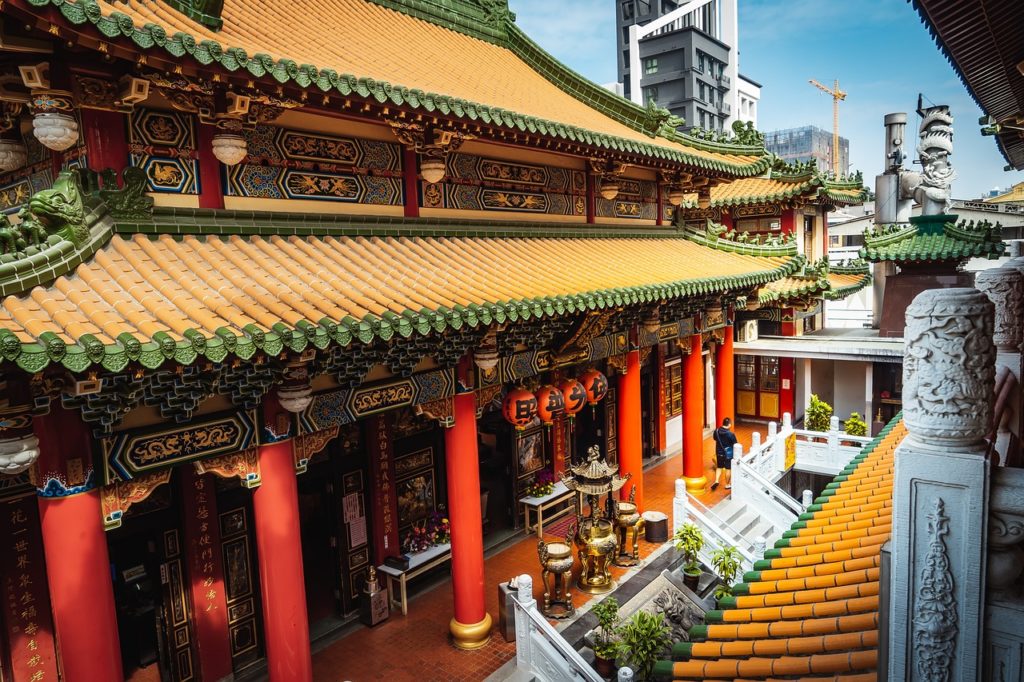
Today’s Taiwan / China Crisis
Today, the People’s Republic of China (mainland China) has asserted that the island of Taiwan is a part of their territory. They have argued that it is a breakaway part of the Peoples Republic and have vowed to “retake” the island by force if necessary. The first nation to claim Taiwan was the Netherlands in 1622. The Chinese claimed the island for about 200 years and then gave it to Japan. As stated above, the island became a part of Chiang’s government at the end of World War Two. The government now in control of Taiwan is what has become of Chiang’s government.[v] The fact is simple. China has no jurisdiction over Taiwan. Even Mao did not treat Taiwan as a part of China when he stated in an interview that China would help Korea and Taiwan to gain their independence from Japan if they chose that course.[vi]
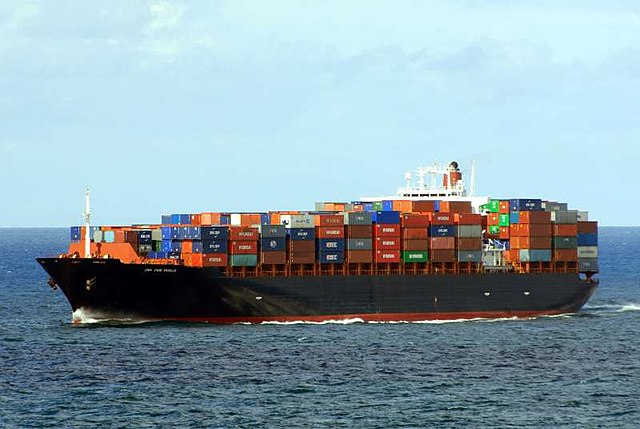
In asserting that Taiwan is a part of Chinese territory, Beijing proclaims that the Taiwan Strait is within their territorial waters. This strait stretches between Taiwan and mainland China. It is a crucial international trade route between Southeast and east Asia. The United Nations Convention on the Law of the Sea limits China to 12 nautical miles off of its shores as its territorial waters. Even though they claim that Taiwan is not a sovereign nation and part of Chinese territory, they cannot legally claim the straight Chinese territory. Even so, China still claims that the Taiwan Strait is not international waters.[vii]
China Looks Beyond Taiwan
While many focus on the issue of Taiwan, the limit of China’s overreach is not limited to this one island and this particular issue. China has always been “on the march.” In the last few years, tensions in matters involving Russia and China have increased. Russia lined up forces against the Russian – Ukrainian border and told the world they were conducting training exercises and did not plan to invade Ukraine. World leaders conveyed they would not send troops to defend Ukraine, and thus Russia invaded, killing thousands of people and wounding thousands more. This was only the latest invasion by Russia of the territory of another nation. Today, much of Ukraine lies demolished. Ukrainian recovery will take a decade or more and likely billions of dollars, whether or not they effectively “win” the war against Russia.
The governments of China and Russia are highly problematic in the modern world. First, they hold power over their people, refusing to allow freedom of speech, freedom of the press, freedom for anything that disagrees with the leadership’s narrative, or anything they think might undermine the government’s authority. The choice is simple. Agree with the government or pay a heavy price. Most who disagree with Moscow and Beijing have been “re-educated,” thrown in prison, exiled, killed, or all of these.
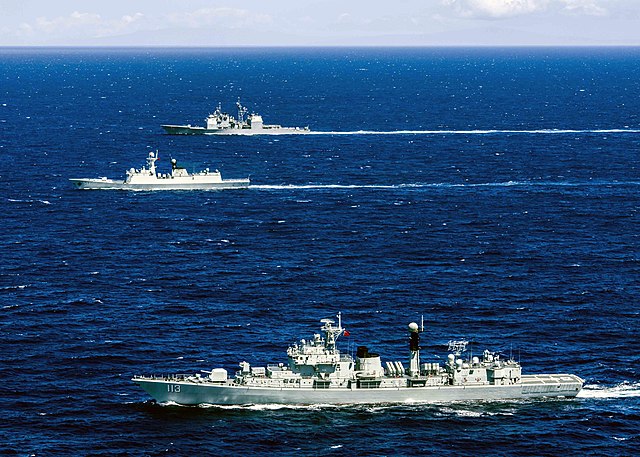
Secondly, these countries, not content to inflict such injustice upon just their own citizens alone, increasingly push against the nations on their borders. In 2020, The New York Post reported the murder of twenty Indian soldiers by the People’s Liberation Army (the Chinese Army). China disputes the border with India in the Himalayas. The article also spoke of Philipines fishing boats sunk in Philippine waters and the attacks on protesters in Hong Kong. Australia’s miners and farmers have also been targeted with trade sanctions after the Australian government suggested that the Covid19 virus came from China.[viii] In May 2019, China cyberattacked the National Parliament of Australia and several of its most significant political parties.[ix]
China is not limited to physical force. They are strategists in the economic arena as well. Chinese President Xi is touting a new plan to build a worldwide trade route, one of the largest ever undertaken. He offered loans to countries to help with this infrastructure. Sixty countries offered to take these loans. One such nation was Sri Lanka. Sri Lanka used the money to build a port in Columbo, and when Sri Lanka could not pay the loan, China assumed control of that port in a 99-year lease.[x] Sri Lanka lost jobs in that area and gave China control of a portion of its territory. This lease provides China a strong foothold in Sri Lanka, just 150 miles off the coast of India, with whom they have an ongoing conflict. India is rightfully concerned that China will now militarize this port.[xi] China uses money and other “benefits” to ingratiate itself with various countries, knowing that few countries wish to give up financial benefits based on principles. This is one reason most nations largely ignore the human rights violations committed by China and why Australia’s government did not initially disclose its knowledge of China’s cyberattacks on its government.
Chinese investment in other nations is not like investment from democratic countries. Because of the nature of the Chinese government, Chinese investment always serves the Chinese government. In the United States alone, China produces 97% of all U.S. antibiotics and most of all active pharmaceutical ingredients used in U.S. drugs. In 2017 the United States imported almost 5 billion dollars worth of food from China. China owns a controlling majority in nearly 2400 American companies, including AMC Entertainment, Legendary Entertainment, IBM, Motorola Mobility, Teledyne Continental Motors, Triple H Coal, and many others.[xii] China owns 191000 acres of American farmland worth 1.9 billion dollars and more residential property in the U.S. than any other country. The Washington Post newspaper, owned by Amazon founder Jeff Bezos, has a supplement written directly by the media arm of the Chinese government.[xiii]
China wants to create a new world order not founded on freedom, human rights, or principles of respect and cooperation but one based on tactics always utilized by Communist leaders; tactics of tyrannical power and dictatorial control.[xiv] Communism cannot spread without taking over control of other nations. Communism cannot exist alongside other forms of government, and certainly not alongside democratic republics and democracy itself. Chinese President Xi and the Chinese Communist party want dominance and are moving forward under the guise of free trade and economic prosperity for all. They have exchanged the sword for the dollar but make no mistake, as many have already learned, the sword is not gone; it’s in the other hand, hidden behind their back. A communist nation cannot exist without a sword.
Why Does China want Taiwan
So why Taiwan? Why is The People’s Republic of China so adamant that Taiwan is a part of the mainland nation, and why do they seem willing to lie in the face of the world’s facts to take it? Can it be just as Beijing says that Taiwan is a breakaway nation and there can only be “one China?” In 1991, the decades-long conflict between mainland China and Taiwan seemed to be over. The two countries looked to be able to work together. China offered its standard “One nation, two systems” idea, stating it would provide significant autonomy to Taiwan if it came under Beijing’s authority. Luckily for the Taiwanese people, the government in Taipei refused this offer. The people of Hong Kong also promised this same autonomy, have learned this is all a lie. Where China goes also goes force, crackdowns on freedom and more Communist party control. Herein rests what is likely the foundation of the current demand for control of Taiwan.
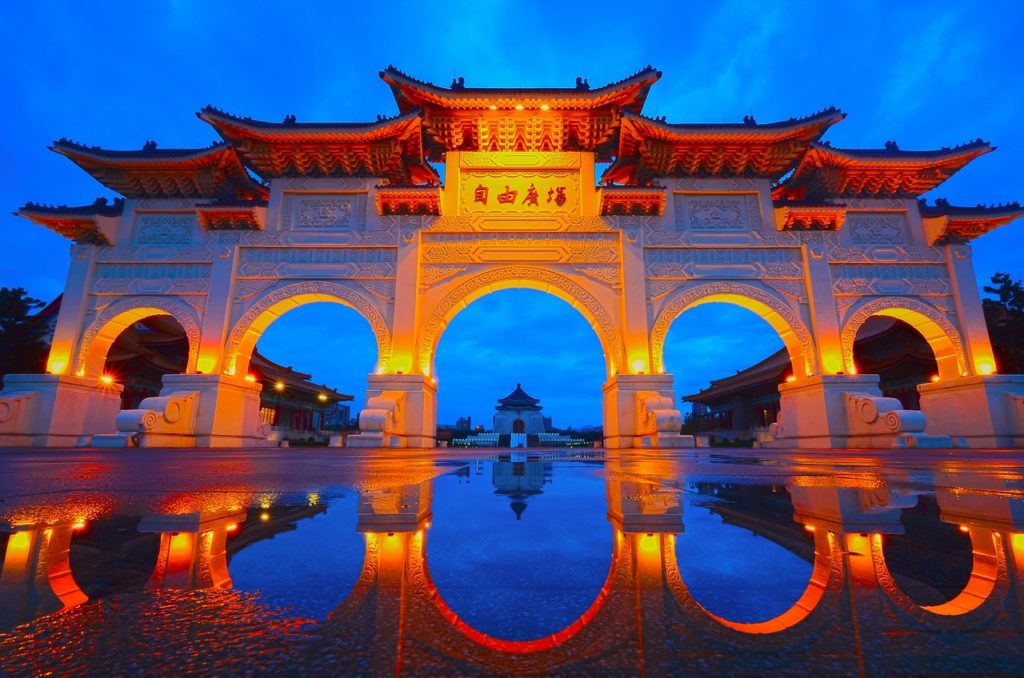
During World War Two, the island of Taiwan was a strategic location for the Empire of Japan to launch, supply, and engage with the rest of the Pacific Ocean. Taiwan overlooks the South China Sea and is less than 1000 miles from its neighbors. To control Taiwan would facilitate the strategy that China is already pressing: to regulate trade and assert claims on territory and commercial activities throughout Asia. China currently has over 1500 ballistic missiles directed at Taiwan. If Taiwan were under the control of Communist China, those missiles would be on the island of Taiwan, pointed at nations and shipping lanes around Asia[xv]. Taiwan is currently sitting as a sentinel against much China plans to do. It provides a strategic point for the other countries of Asia to stand against the encroaching Chinese, just as it would give China a strategic foothold for its expansion. China is marching forward in the world. Currently, China is “building Islands” in the South China Sea. They find reefs, existing small islands, and rocks and add sand to them, building a foundation and creating an island. Chinese President Xi initially promised that these islands would be unmilitarized. However, by 2017 they had already begun installing weapons platforms and airstrips.[xvi]
A second issue for China may be the production of superconductors. The world’s largest semiconductor manufacturer and Asia’s most valuable company is in Taiwan. Most of the world relies on Taiwan for these chips. Considering the supply chain issues that have developed because of a recent shortage of these chips, were China to gain control of this industry, it would have enormous power over global electronics.[xvii] Likely of lesser importance is that Taiwan is a beacon to all of Asia of how thriving democracy can be. On the mainland, some Chinese people are held captive by their own government, limited in everything. In Taiwan, the world can see another group of Chinese people enjoying the prosperity and freedom brought by democracy and the ability to dream, accomplish, think for themselves, and be rewarded for their ingenuity and hard work. This idea is something China certainly wants to stamp out, just as they are doing in Hong Kong.
China cannot be allowed to annex Taiwan.
In 1983, Reagan called the Soviet Union an “evil empire.” With this moniker, Reagan attributed to the Soviet Union a level of darkness within human existence; he outed a group of people’s willingness to dominate the will, thoughts, and even the day-to-day activities of an entire nation with deadly consequences to any who would resist. With the fall of the “evil empire,” many believed the world had overcome this “evil.” This perception is untrue. Today, thousands of people killed, who disappear into prisons or re-education camps, are not allowed to say what they wish, go where they desire, be the person they want to be, or even have children when they choose, disagree that this evil is vanquished. Whether it is Russian assassins killing and maiming British citizens in an attempt to assassinate a former Russian in Britain or the dock workers of Columbo who lost their jobs to Chinese expansion, it is all the same. The evil of the evil empire is still with us. Names and faces have changed, and even some methods have morphed over time.
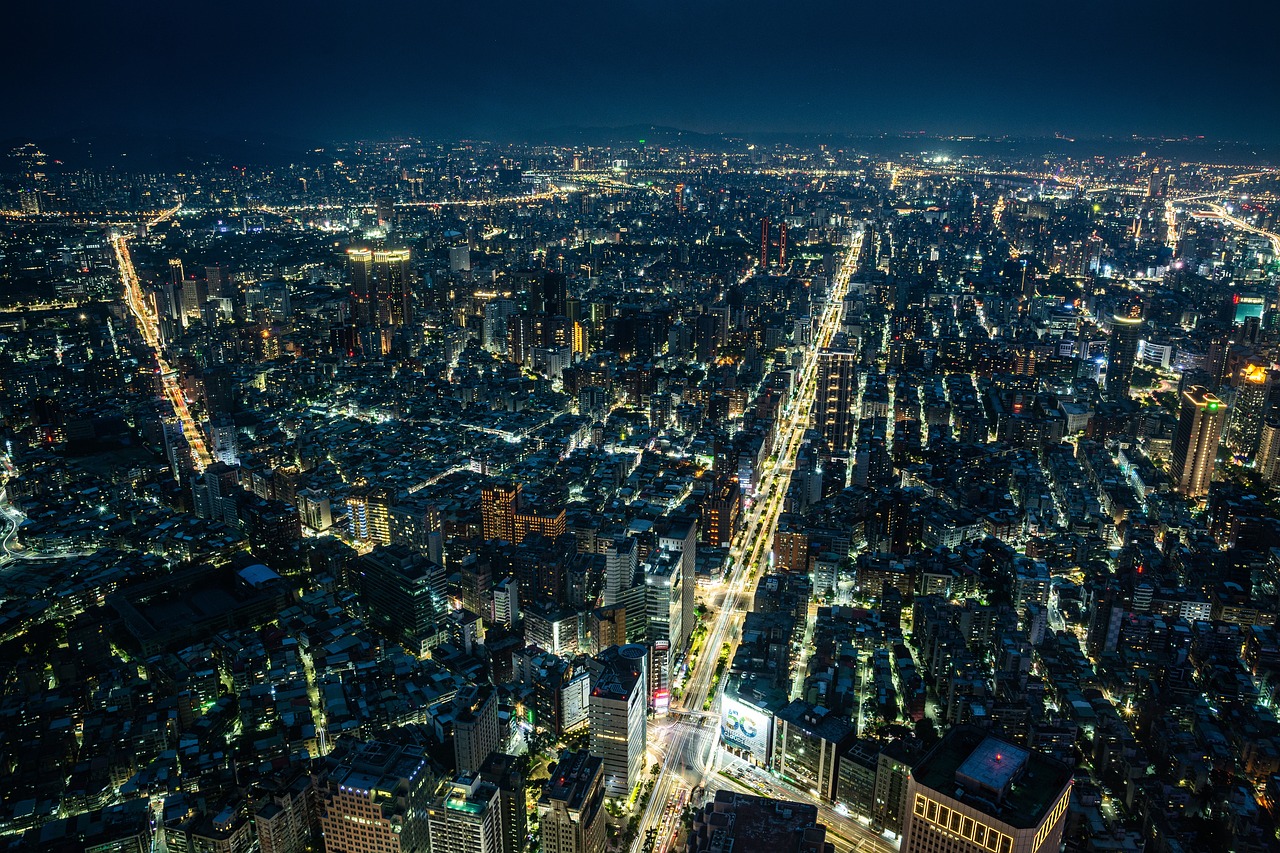
The United States has, for decades, promised to defend Taiwan against China’s potential invasion. Australia and Japan have both indicated that it would be likely that they would do the same. If China followed through with its recent threats to invade Taiwan forcibly, it would draw these powers into a military conflict with China. War with China would affect the supply chain around the world and the economy, which is already struggling here in the United States. Nonetheless, the bottom line remains the same. China cannot be allowed to take Taiwan. War is terrible; however, China gaining a foothold of Taiwan would be just as bad. First, the twenty-three million people on the island who now enjoy one of Asia’s freest and most prosperous lives would lose that freedom and success and descend into the confines of dictatorship. Second, and of greater significance globally, this would open China’s access to expand further control throughout Asia and eventually the world. The march of totalitarian leadership, clearly unbothered by actions that violate basic rights and freedoms and the very lives of those they encounter, cannot be allowed to expand.
Bibliography
Bosco, Joseph A, and thediplomat.com. “Security and Defense Issues Facing South Korea’s next President.” thediplomat.com, May 15, 2015. https://thediplomat.com/2015/05/taiwan-and-strategichttps://thediplomat.com/2015/05/taiwan-and-strategic-security/-security/.
CNBC. “Australia Kept Secret a China Hack on Its Parliament to Protect Trade, Report Shows.” CNBC, September 15, 2019. https://www.cnbc.com/2019/09/16/china-hack-on-australia-parliament-kept-secret-to-protect-trade-report.html.
D W Documentary. “The World of China’s President Xi Jinping | DW Documentary.” www.youtube.com, June 20, 2022. https://www.youtube.com/watch?v=-DKIQpu4hhQ&t=4077s.
Dasgupta, Saibal. “China Using Sri Lanka’s Indebtedness to Show Military Muscle.” VOA, August 3, 2022. https://www.voanews.com/a/china-using-sri-lanka-s-indebtedness-to-show-military-muscle-/6684873.html.
Goldenziel, Jill. “China Claims to Own the Taiwan Strait. That’s Illegal.” Forbes, June 28, 2022. https://www.forbes.com/sites/jillgoldenziel/2022/06/28/china-claims-to-own-the-taiwan-strait-thats-illegal/?sh=67104e379ba2.
Jacobs, Sam, and Qrius. “China Owns Us: How the Chinese Are Buying up America.” Qrius, April 14, 2021. https://qrius.com/china-owns-us-how-the-chinese-are-buying-up-america/amp/.
McKay, Hollie. “Newt Says China Will’ Dominate World’ If Tech Theft Isn’t Stopped, ‘It’s a Matter of Life and Death.'” Fox News, June 30, 2020. https://www.foxnews.com/world/how-much-of-the-united-states-does-china-really-own.
Mosher, Steven W. “The World Is Finally Uniting against China’s Bully Tactics.” New York Post, July 4, 2020. https://nypost.com/2020/07/04/the-world-is-finally-uniting-against-chinas-bully-tactics/.
Nicol, Will, and digitaltrends.com. “Everything You Need to Know about China’s Artificial Islands.” Digital Trends, May 3, 2017. https://www.digitaltrends.com/cool-tech/chinas-artificial-islands-news-rumors/#:~:text=To%20construct%20its%20artificial%20islands%2C%20China%20builds%20atop.
Palestini, Robert. Going back to the Future: A Leadership Journey for Educators. Google Books. 2022. Reprint, R&L Education, 2011. https://www.google.com/books/edition/Going_Back_to_the_Future/9n_DUv1_NkAC?hl=en&gbpv=1&pg=PA170&printsec=frontcover.
Rubin, Michael. “Chinese Leaders Know They Have No Claim to Taiwan.” The National Interest, July 29, 2022. https://nationalinterest.org/feature/chinese-leaders-know-they-have-no-claim-taiwan-203911.
Sanders, Jeff, and American Policy Roundtable. “A Very Brief History of China’s Claim to Taiwan.” American Policy Roundtable, April 25, 2022. https://aproundtable.org/blog/a-very-brief-history-of-chinas-claim-to-taiwan/.
The Encyclopedia Britannica. “Taiwan – Successors to Chiang Kai-Shek.” Encyclopedia Britannica. Accessed August 4, 2022. https://www.britannica.com/place/Taiwan/Successors-to-Chiang-Kai-shek.
Thoughtco.com, and Mack Lauren. “What You Should Know about Taiwan’s National History.” ThoughtCo, June 3, 2022. https://www.thoughtco.com/brief-history-of-taiwan-688021#:~:text=%20A%20Brief%20History%20of%20Taiwan%20%201.
Williams, Lara. “Why Taiwan Matters to China (and the Rest of the World).” Investment Monitor, March 11, 2022. https://www.investmentmonitor.ai/special-focus/ukraine-crisis/taiwan-matters-china-semiconductors-russia.
[i] Sanders and American Policy Roundtable, “A Very Brief History of China’s Claim to Taiwan.”
[ii] Mack, Lauren. “A Brief History of Taiwan.” ThoughtCo. https://www.thoughtco.com/brief-history-of-taiwan-688021 (accessed August 3, 2022).
[iii] Palestini, Going back to the Future: A Leadership Journey for Educators, 170.
[iv] The Encyclopedia Britannica, “Taiwan – Successors to Chiang Kai-Shek.”
[v] Sanders and American Policy Roundtable, “A Very Brief History of China’s Claim to Taiwan.”
[vi] Rubin, “Chinese Leaders Know They Have No Claim to Taiwan.”
[vii] Goldenziel, “China Claims to Own the Taiwan Strait. That’s Illegal.”
[viii] Mosher, “The World Is Finally Uniting against China’s Bully Tactics.”
[ix] CNBC, “Australia Kept Secret a China Hack on Its Parliament to Protect Trade, Report Shows.”
[x] D W Documentary, “The World of China’s President Xi Jinping | DW Documentary.”
[xi] Dasgupta, “China Using Sri Lanka’s Indebtedness to Show Military Muscle.”
[xii] McKay, “Newt Says China Will ‘Dominate World’ If Tech Theft Isn’t Stopped, ‘It’s a Matter of Life and Death.’”
[xiii] Jacobs and Qrius, “China Owns Us: How the Chinese Are Buying up America.”
[xiv] D W Documentary, “The World of China’s President Xi Jinping | DW Documentary.”
[xv] Bosco and thediplomat.com, “Security and Defense Issues Facing South Korea’s next President.”
[xvi] Nicol and digitaltrends.com, “Everything You Need to Know about China’s Artificial Islands.”
[xvii] Williams, “Why Taiwan Matters to China (and the Rest of the World).”


